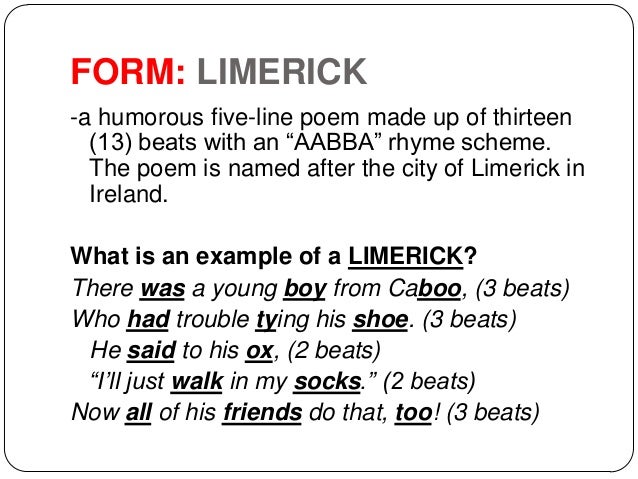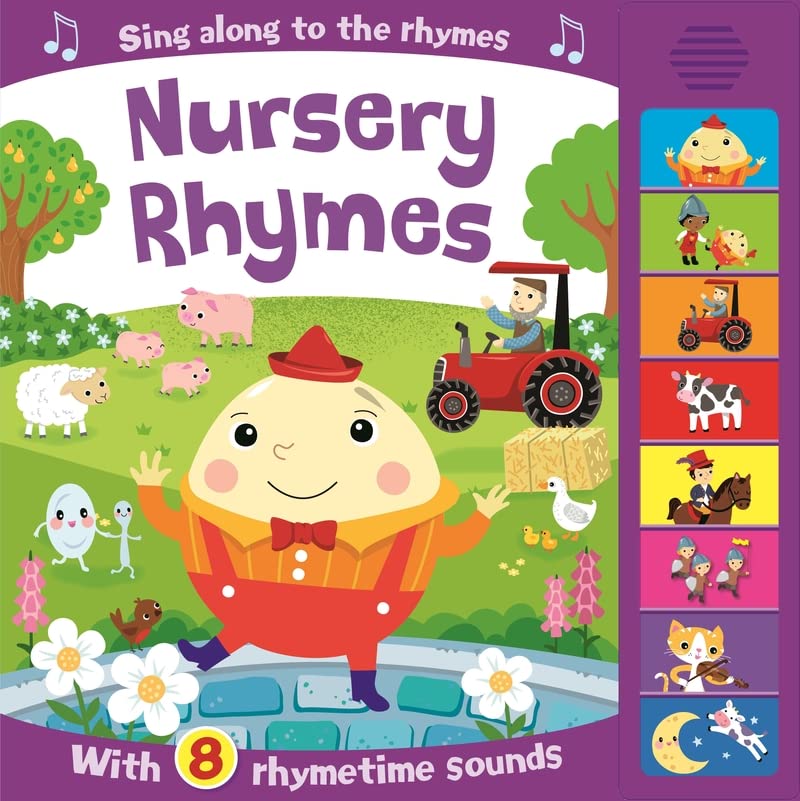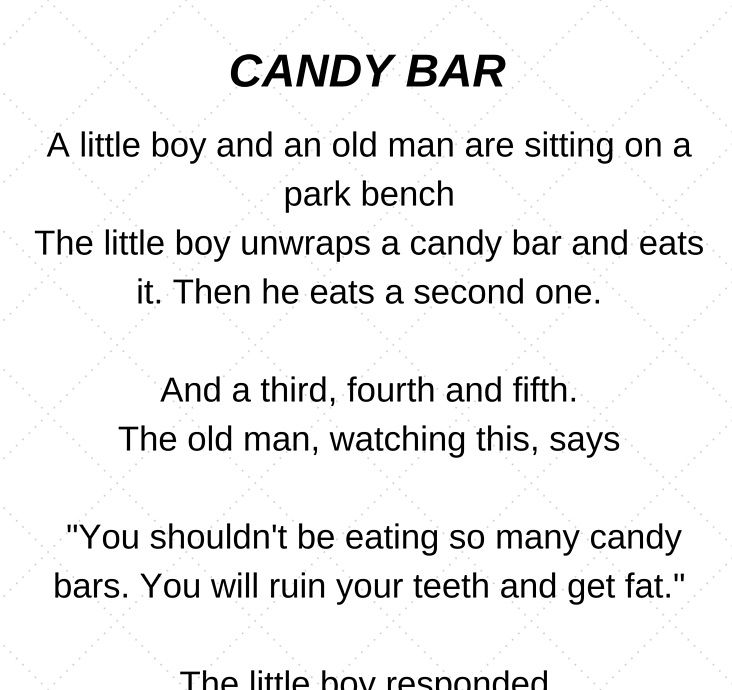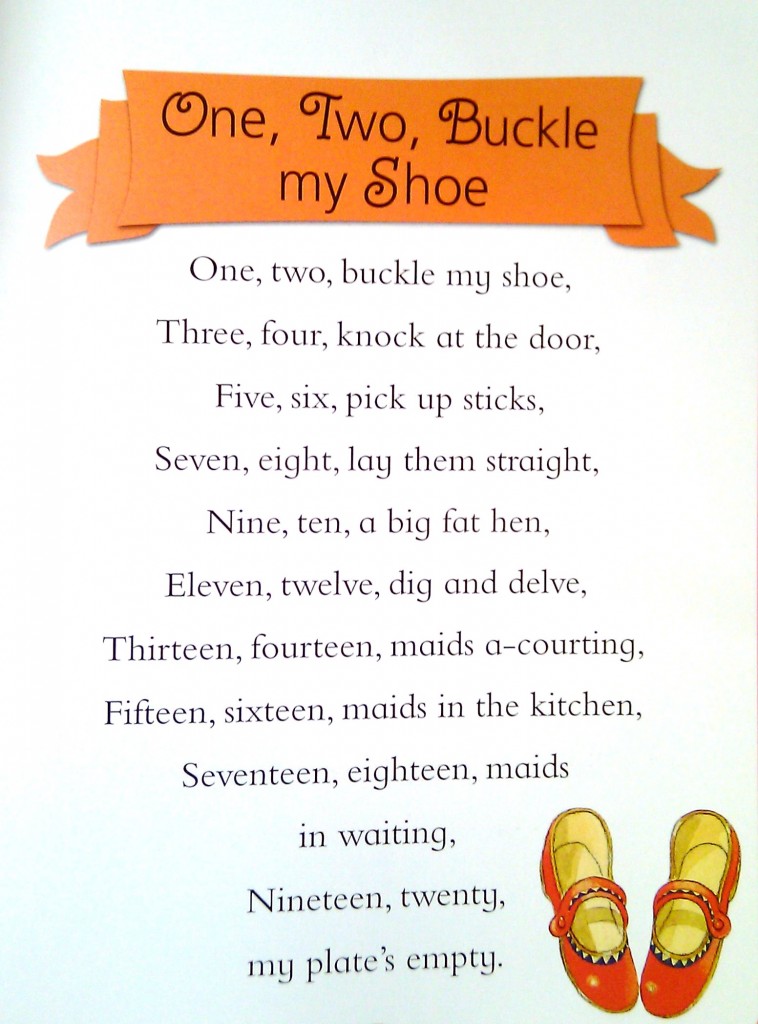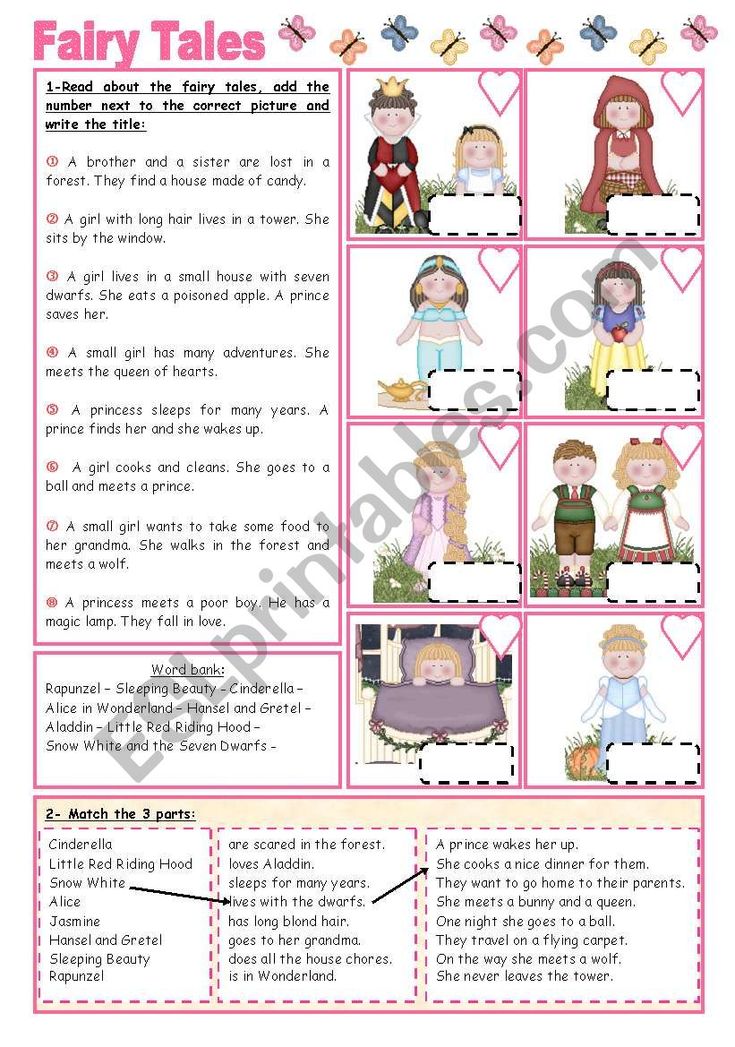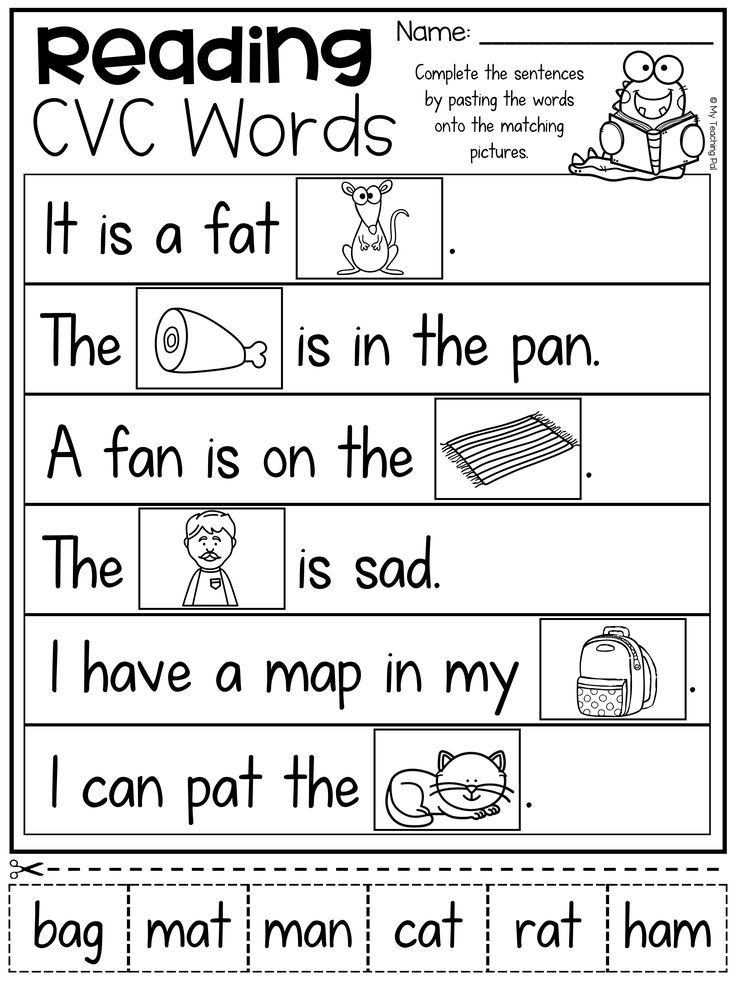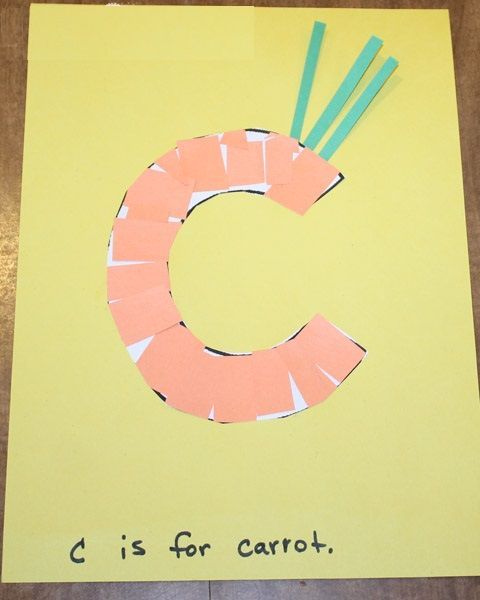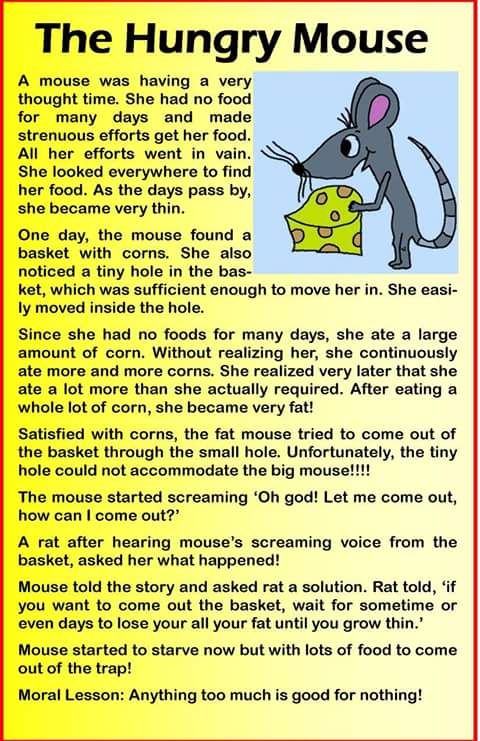Rhyme with others
241 best rhymes for 'others'
1 syllable
- Years
- Curse
- Verse
- Worse
- Worth
- Birth
- Hearse
- Purse
- Earth
- Nurse
- Hers
- Nerve
- Slurs
- Serve
- Spurs
- Stirs
- Blurs
- Furs
- Verbs
- Turns
- Girls
- Kurz
- Swerve
- Birds
- Burns
- Nerves
- Words
- Curve
- Terms
- Girth
- Works
- Hurts
- Terse
- Dearth
- Mirth
- Perth
- Curves
- Worlds
- Nerds
- Pearls
- Herb's
- Curls
- Herbs
- Worms
- Thirds
2 syllables
- Mothers
- Brothers
- Fuckers
- Colors
- Numbers
- Covers
- Suckers
- Lovers
- Wonders
- Occurs
- Vultures
- Summers
- Hustlers
- Smothers
- Busters
- Suffers
- Structures
- Rubbers
- Hunters
- Youngsters
- Shutters
- Gutters
- Runners
- Blunders
- Cultures
- Thunders
- Hovers
- Prefers
- Refers
- Cutters
- Clusters
- Butters
- Utters
- Stutters
- Ruptures
- Shudders
- Buffers
- Mutters
- Flutters
- Youngers
- Truckers
- Bunkers
- Uppers
- Punctures
- Sculptures
- Mongers
- Sluggers
- Dumpsters
- Rutgers
- Dusters
- Fathers
- Gunners
- Plumbers
- Comers
- Jumpers
- Bumpers
- Drummers
- Gushers
- Converse
- Ushers
- Mufflers
- Jugglers
- Ulcers
- Observe
- Soldiers
- Hundreds
- Teachers
- Matters
- Speakers
- Shoulders
- Pictures
- Letters
- Doctors
- Fingers
- Sisters
- Haters
- Writers
- Monsters
- Traverse
- Dollars
- Rappers
- Figures
- Papers
- Killers
- Neighbors
- Answers
- Strangers
- Unearth
- Flowers
- Hours
- Powers
- Prayers
- Niggers
- Averse
- Daughters
- Triggers
- Shooters
- Players
- Actors
- Leaders
- Dealers
- Fakers
- Masters
- Mathers
- Fires
- Gangsters
- Corners
- Waters
- Features
- Scriptures
- Feathers
- Rumors
- Orders
- Liars
- Bothers
- Mirrors
- Losers
- Preserve
- Sneakers
- Murders
- Towers
- Tires
- Manners
- Lighters
- Sinners
- Reverse
- Suburbs
- Members
3 syllables
- Universe
- Listeners
- Characters
- Another's
- Diapers
- Grandmothers
- Amateurs
- Challengers
- Passengers
- Prisoners
- Customers
- Predators
- Scavengers
- Managers
- Officers
- Corridors
- Messengers
- Integers
- Ministers
- Senators
- Coroners
- Monitors
- Foreigners'
- Foreigners
- Bloodsuckers
- Theaters
- Janitors
- Cylinders
- Calendars
- Signatures
- Canisters
- Ghostbusters
- Discovers
- Registers
- Carpenters
- Saboteurs
- Engenders
- Counselors
- Bachelor's
- Newcomers
- Wrestlers
- Settlers
- Cucumbers
- Handlers
- Travelers
- Commoners
- Gardeners
- Regulars
- Jewelers
- Wranglers
- Fiddlers
- Sprinklers
4 syllables
- Motherfuckers
- Competitors
- Binoculars
- Temperatures
- Philosophers
- Contributors
- Kilometers
- Parameters
- Thermometers
- Conspirators
- Solicitors
- Photographers
- Perimeters
- Astronomers
- Entrepreneurs
- Developers
Want to find rhymes for another word? Try our amazing rhyming dictionary.
If you write lyrics you should definitely check out RapPad. It has tons of useful features for songwriters, lyricists, and rappers.
Near rhymes with othersB-Rhymes | B-Rhymes
| Word | Pronunciation | Score ? | ||
|---|---|---|---|---|
| 1 | struthers | s_t_radhuhr_z | 3468 | Definition |
| 2 | carruthers | kuhradhuhr_z | 3468 | Definition |
| 3 | brothers | b_radhuhr_z | 3468 | Definition |
| 4 | authors | awthuhr_z | 3395 | Definition |
| 5 | colors | kaluhr_z | 3359 | Definition |
| 6 | somers | samuhr_z | 3322 | Definition |
| 7 | waters | wawtuhr_z | 3300 | Definition |
| 8 | callers | kawluhr_z | 3280 | Definition |
| 9 | cleavers | k_leevuhr_z | 3263 | Definition |
| 10 | danvers | daanvuhr_z | 3263 | Definition |
| 11 | divers | dah_ivuhr_z | 3263 | Definition |
| 12 | havers | he_ivuhr_z | 3263 | Definition |
| 13 | losers | luuzuhr_z | 3263 | Definition |
| 14 | synthesisers | sinthuhsah_izuhr_z | 3263 | Definition |
| 15 | synthesizers | sinthuhsah_izuhr_z | 3263 | Definition |
| 16 | trousers | t_rah_uuzuhr_z | 3263 | Definition |
| 17 | tweezers | t_weezuhr_z | 3263 | Definition |
| 18 | answers | aansuhr_z | 3253 | Definition |
| 19 | cancers | kaansuhr_z | 3253 | Definition |
| 20 | lancers | laansuhr_z | 3253 | Definition |
| 21 | pincers | pinsuhr_z | 3253 | Definition |
| 22 | headwaters | hedwawtuhr_z | 3240 | Definition |
| 23 | headquarters | hedk_wawtuhr_z | 3240 | Definition |
| 24 | dollars | doluhr_z | 3230 | Definition |
| 25 | rutgers | ratguhr_z | 3216 | Definition |
| 26 | yonkers | yongkuhr_z | 3205 | Definition |
| 27 | rompers | rompuhr_z | 3205 | Definition |
| 28 | bonkers | bongkuhr_z | 3205 | Definition |
| 29 | connors | konuhr_z | 3191 | Definition |
| 30 | candidatures | kaandiduhchuhr_z | 3190 | Definition |
| 31 | knickerbockers | nikuhrbokuhr_z | 3190 | Definition |
| 32 | firefighters | fah_i_uhrfah_ituhr_z | 3184 | Definition |
| 33 | haters | he_ituhr_z | 3184 | Definition |
| 34 | implementors | imp_limentuhr_z | 3184 | Definition |
| 35 | jeepers | jeepuhr_z | 3184 | Definition |
| 36 | jeffers | jefuhr_z | 3184 | Definition |
| 37 | killers | kiluhr_z | 3184 | Definition |
| 38 | cms | sentimeetuhr_z | 3184 | Definition |
| 39 | clippers | k_lipuhr_z | 3184 | Definition |
| 40 | campers | kaampuhr_z | 3184 | Definition |
| 41 | callipers | kaalipuhr_z | 3184 | Definition |
| 42 | calipers | kaalipuhr_z | 3184 | Definition |
| 43 | calculators | kaalk_yuhle_ituhr_z | 3184 | Definition |
| 44 | cadavers | kuhdaavuhr_z | 3184 | Definition |
| 45 | bitters | bituhr_z | 3184 | Definition |
| 46 | akers | e_ikuhr_z | 3184 | Definition |
| 47 | kms | kiluhmeetuhr_z | 3184 | Definition |
| 48 | knickers | nikuhr_z | 3184 | Definition |
| 49 | lakers | le_ikuhr_z | 3184 | Definition |
| 50 | travers | t_raavuhr_z | 3184 | Definition |
| 51 | teenagers | teene_ijuhr_z | 3184 | Definition |
| 52 | teachers | teechuhr_z | 3184 | Definition |
| 53 | subcontractors | sabkont_raaktuhr_z | 3184 | Definition |
| 54 | smithers | s_midhuhr_z | 3184 | Definition |
| 55 | scissors | sizuhr_z | 3184 | Definition |
| 56 | reuters | ro_ituhr_z | 3184 | Definition |
| 57 | researchers | riserrchuhr_z | 3184 | Definition |
| 58 | recruiters | rik_ruutuhr_z | 3184 | Definition |
| 59 | recognisers | rekuhgnah_izuhr_z | 3184 | Definition |
| 60 | pictures | pikchuhr_z | 3184 | Definition |
| 61 | motivators | muh_uutive_ituhr_z | 3184 | Definition |
| 62 | mms | milimeetuhr_z | 3184 | Definition |
| 63 | messrs | mesuhr_z | 3184 | Definition |
| 64 | masters | maastuhr_z | 3184 | Definition |
| 65 | bathurst | baathhuhr_s_t | 3158 | Definition |
| 66 | cyphers | sah_ifuhr_s | 3158 | Definition |
| 67 | elmhurst | el_mhuhr_s_t | 3158 | Definition |
| 68 | pliers | p_lah_iuhr_z | 3139 | Definition |
| 69 | myers | mah_iuhr_z | 3139 | Definition |
| 70 | layers | le_iuhr_z | 3139 | Definition |
| 71 | hours | ah_uuhr_z | 3139 | Definition |
| 72 | costumiers | kos_t_yuumiuhr_z | 3139 | Definition |
| 73 | flanders | f_larnduhr_z | 3137 | Definition |
| 74 | sanders | sarnduhr_z | 3137 | Definition |
| 75 | saunders | sarnduhr_z | 3137 | Definition |
| 76 | rodgers | rojuhr_z | 3132 | Definition |
| 77 | rehearse | rihuhr_s | 3068 | Definition |
| 78 | anders | aanduhr_z | 3066 | Definition |
| 79 | butterfingers | batuhrfingguhr_z | 3066 | Definition |
| 80 | calendars | kaaluhnduhr_z | 3066 | Definition |
| 81 | eastenders | ees_tenduhr_z | 3066 | Definition |
| 82 | fingers | fingguhr_z | 3066 | Definition |
| 83 | flinders | f_linduhr_z | 3066 | Definition |
| 84 | glanders | g_laanduhr_z | 3066 | Definition |
| 85 | invaders | inve_iduhr_z | 3066 | Definition |
| 86 | neighbours | ne_ibuhr_z | 3066 | Definition |
| 87 | raiders | re_iduhr_z | 3066 | Definition |
| 88 | reminders | rimah_induhr_z | 3066 | Definition |
| 89 | bratwurst | b_raatwuhr_s_t | 2971 | Definition |
| 90 | erst | uhr_s_t | 2954 | Definition |
| 91 | ers | uhr_s | 2954 | Definition |
| 92 | farnsworth | farr_n_swuhr_th | 2936 | Definition |
| 93 | carthorse | karr_thawr_s | 2933 | Definition |
| 94 | workhorse | werr_khawr_s | 2922 | Definition |
| 95 | whitehorse | wah_ithawr_s | 2922 | Definition |
| 96 | seahorse | seehawr_s | 2922 | Definition |
| 97 | resource | reesawr_s | 2922 | Definition |
| 98 | racehorse | re_ishawr_s | 2922 | Definition |
| 99 | packhorse | paakhawr_s | 2922 | Definition |
What is B-Rhymes?
B-Rhymes is a rhyming dictionary that's not stuck up about what does and doesn't rhyme.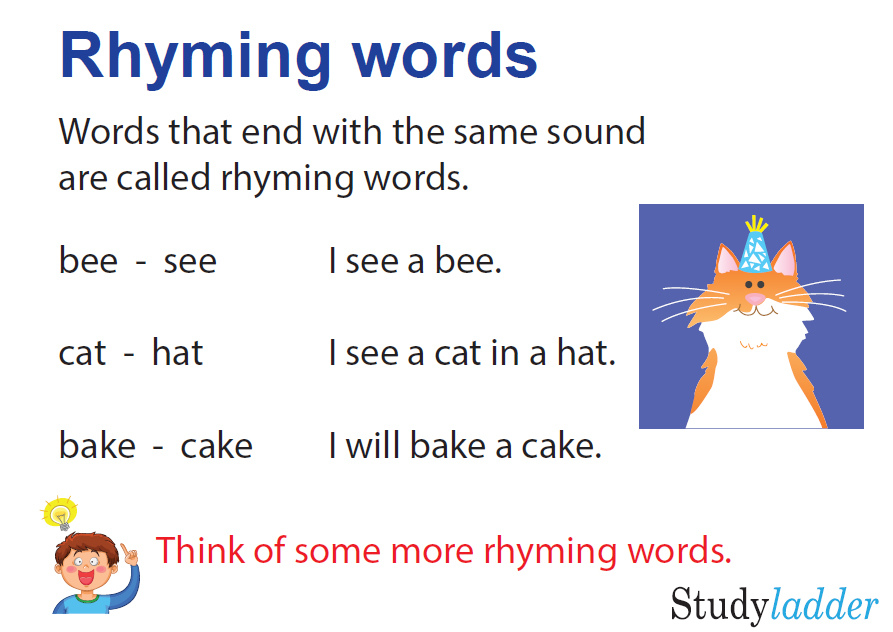 As well as regular rhymes, it gives you words that sound good together even though they don't technically rhyme.
As well as regular rhymes, it gives you words that sound good together even though they don't technically rhyme.
Lesson 5 RHYME - Poetic childhood
Rhyme is usually called the consonance of the endings of words at the end of a verse. But sometimes there are rhymes in other places of the verse (beginning, middle). There are consonances not of endings, but of the roots of words (the so-called root rhymes). Strictly speaking, rhyme can be called any sound repetition that has an organizing function in the composition of a poem. However, in most of the verses in Russian, rhymes are precisely terminal. Only they will be discussed further.
An exact rhyme is one in which the sounds coincide, starting from the stressed vowel to the end of the word : winter - at home, blizzard - rigmarole, joy - sweetness. We are talking about the coincidence of sounds, not letters.
So, the rhyme boring - stuffy is accurate, because the first word is pronounced "boring".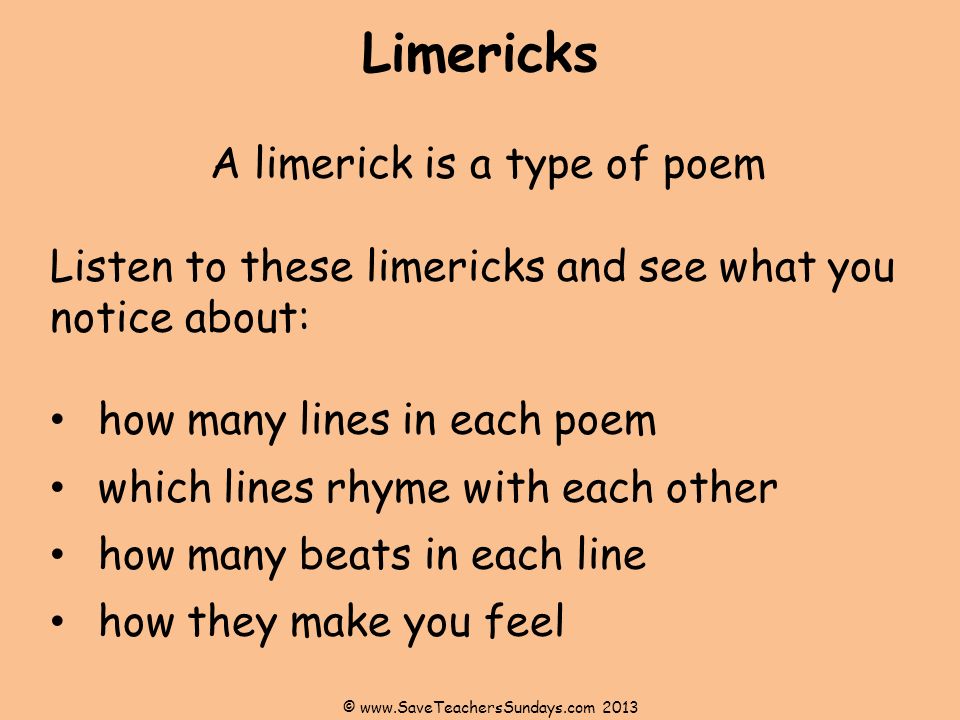 Words strictly - someone else's do not rhyme, because pronounced "foreign".
Words strictly - someone else's do not rhyme, because pronounced "foreign".
The pronunciation of unstressed "a" instead of "o", "i" instead of "e" and other features of pronunciation also play a role. For example, muting the terminal consonants: a moment - a cry, you are silent - a siskin.
In inaccurate rhyme not all sounds from the stressed vowel to the end of the word coincide : spring - autumn, trick - hold. If many sounds coincide in inaccurate rhymes, they are perceived well and even in an original way. Inaccurate, but sonorous and beautiful, can be truncated rhymes : couples - park, shadows - genius, disk - paradise.
The rhyme need not be exact, but it must be sufficient. In Russian, to form a sufficient rhyme, a stressed vowel and at least one consonant before or after this vowel must match : house - clod, firewood - cover, wife - spring.
Combinations are not rhymes when only the stressed vowel matches : winter - spring, wind - ashes, cat - ox.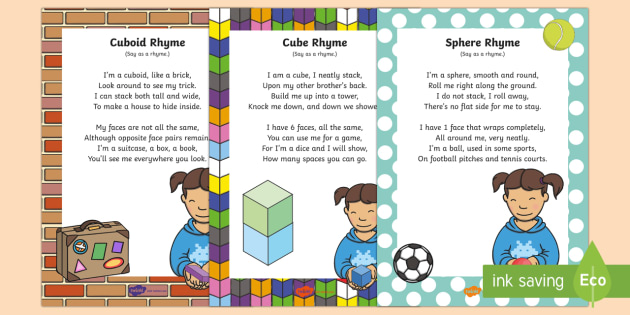 The exception is the alternation of iota with a soft consonant: the earth is mine, love is mine, I am the fields. And vice versa, are not combination rhymes when the stressed vowel is not among the matching sounds : luck - rebellion, walk - sew. In inaccurate rhymes, the coincidence of two sounds is not always enough to form a rhyme: a cat is a chip, stones are branches. Sometimes the coincidence of the third sound is necessary: stones - with hands. Sometimes you can rhyme voiced and their corresponding voiceless consonants, especially hissing ones: shower and - bend and , scythe - goat, scaffolding - eyes. In other cases, such a rhyme is felt as insufficient: hand - foot. You need a match of the third sound: Oka - leg.
The exception is the alternation of iota with a soft consonant: the earth is mine, love is mine, I am the fields. And vice versa, are not combination rhymes when the stressed vowel is not among the matching sounds : luck - rebellion, walk - sew. In inaccurate rhymes, the coincidence of two sounds is not always enough to form a rhyme: a cat is a chip, stones are branches. Sometimes the coincidence of the third sound is necessary: stones - with hands. Sometimes you can rhyme voiced and their corresponding voiceless consonants, especially hissing ones: shower and - bend and , scythe - goat, scaffolding - eyes. In other cases, such a rhyme is felt as insufficient: hand - foot. You need a match of the third sound: Oka - leg.
The more sounds match, the richer the rhyme. Strictly speaking, rich rhyme is such an exact rhyme in which at least one more sound coincides before the stressed rhyming vowel: rich - horned, jealous - wash, frost - roses, alien - boundary.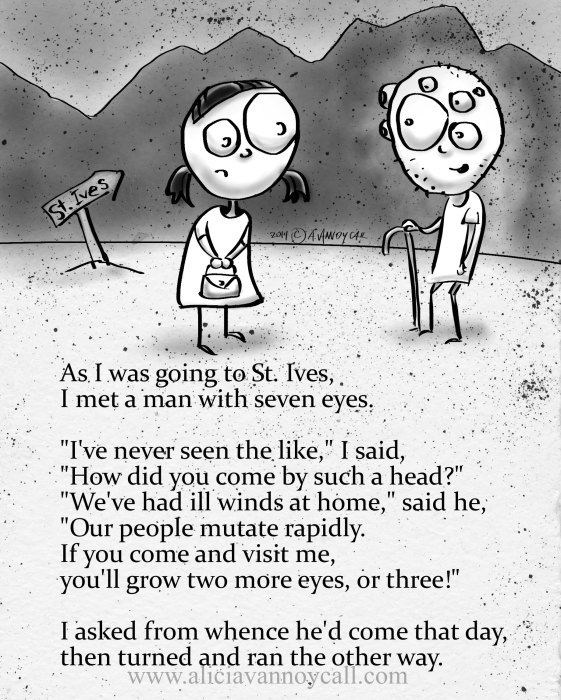
In male rhymes , the consonant vowel is on the last syllable : red - half asleep, cold - star, scrap - com. In female rhymes , the consonant vowel falls on the penultimate syllable : cold is young, spring is local, I walk - I shoot, genius - shadows. In dactylic rhymes, the consonant vowel is in the third syllable from the end of the word: spring - autumn, reflection - plant, heavenly - tree. AT hyperdactylic rhymes consonant vowel is 4 syllable from the end or further: joyful - sweet, majestic - quantitative. Hyperdactylic rhymes are rare. There are also compound rhymes - when a combination of several words rhymes with one word: that you are new, one I am Noah, will - whether it is.
The combination of different types of rhymes in one poem makes it rhythmically more diverse and interesting. But even with the help of the same type of rhymes, special effects can be achieved.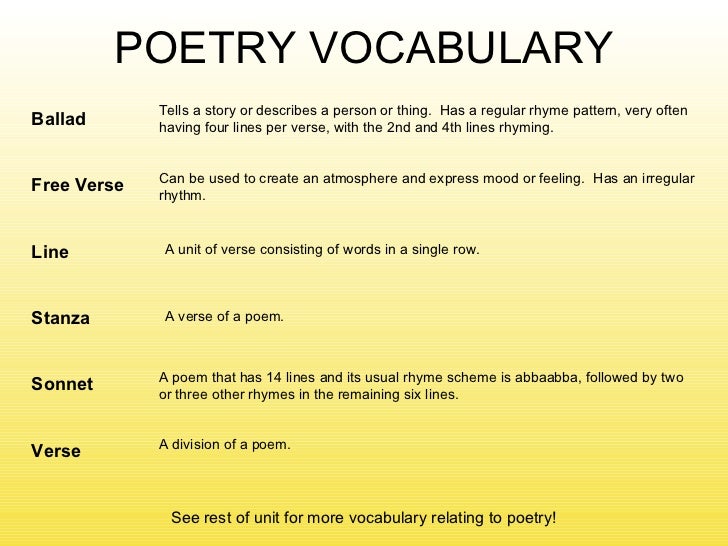 For example, with the help of only male rhymes - abruptness of speech, the completeness of each verse, with the help of only female and dactylic ones - great melodiousness, thoughtfulness, sometimes understatement.
For example, with the help of only male rhymes - abruptness of speech, the completeness of each verse, with the help of only female and dactylic ones - great melodiousness, thoughtfulness, sometimes understatement.
It should be taken into account that the semantic meaning of frequently used banal rhymes is weakened. These are, for example, rhymes: love - blood, frost - roses, dreams - tears, joy - youth. It’s bad if in a poem all the rhymes “set the teeth on edge”. However, 10-15% of the original rhymes are enough for the poem to be perceived as unbanal. For example, in the 1st chapter of "Eugene Onegin" there are approximately 15% of original rhymes.
verbal rhymes can be counted among the banal ones : walk - talk, write - read, wander - drink, etc. It is especially bad when all the rhymes in the quatrain are verbal, and even not rich. But do not go to the other extreme - completely avoid verbal rhymes. They can be appropriate when you need to emphasize the action. One or two verbal rhymes by themselves will not spoil the poem. Classical poets have about 10% verbal rhymes in epic works, and 3-5% in lyrics. It is good to rhyme verbs with other words: angry - cherub, count - mother, sorrow - hunched, etc.
One or two verbal rhymes by themselves will not spoil the poem. Classical poets have about 10% verbal rhymes in epic works, and 3-5% in lyrics. It is good to rhyme verbs with other words: angry - cherub, count - mother, sorrow - hunched, etc.
Internal rhymes at the beginning and middle of a verse
the endings of the verse rhyme, but sometimes there are additional rhymes within the verse that emphasize its meaning or emotional direction. Internal rhymes are regular, i.e. recurring in each verse, and sometimes irregular - present only in individual verses, which thereby stand out from the general series, acquire special significance. An example of a regular internal rhyme is K. Balmont's poem "Fantasy":
Like living sculptures, in the sparks of moonlight,
The outlines of pines, firs and birches tremble a little.
The prophetic forest calmly slumbers, the bright light of the moon accepts
The whole is full of secret dreams .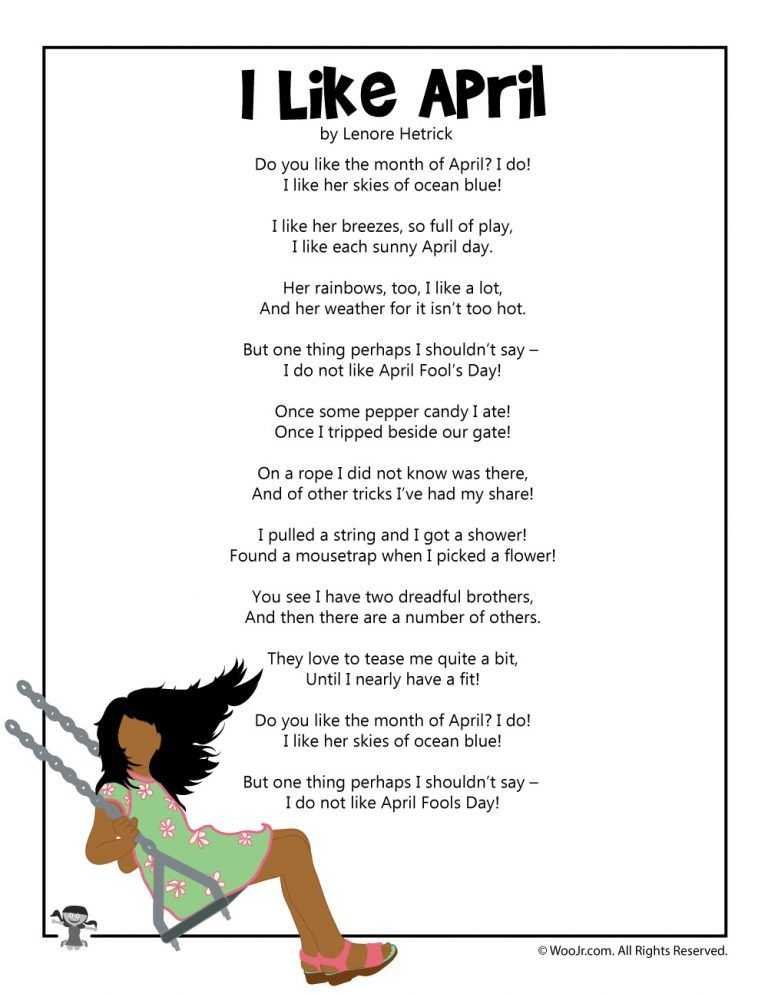 ..
..
This poem could be written in 8 lines. Writing them in 4 lines, Balmont made the size more drawn out, expressing the contemplative thoughtfulness, elegiacity of the poem.
Mayakovsky has many internal rhymes. Here is an example from the poem "Mexico":
But you really need
for the sea
White,
What the Indian does not need.
Zadna
In white
Isabella,
Wife
King Ferdinanda.
Mayakovsky emphasized internal rhymes and pauses with a graphic breakdown of lines: white - white - Isabella, greedy - wife. Internal rhymes make Mayakovsky's poem very bright and expressive.
We also note that Mayakovsky has many so-called deep rhymes - inaccurate rhymes enriched with consonances of the pre-stressed part of the word, as well as compound rhymes from several , you need skill - bewilderment, opened his mouth - please.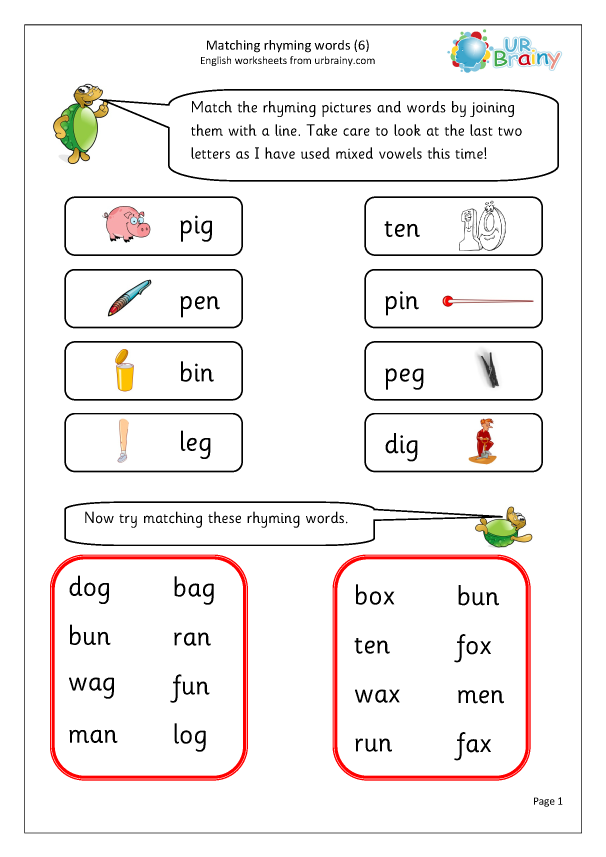 Here is an example from the poem "Good!", which has become winged:
Here is an example from the poem "Good!", which has become winged:
Years up to a hundred
grow
us
without old age.
A year
of our vigor
Slav the hammer
and verse,
Youth of Youth.
Here through rhymes: grow up to a hundred - without old age - and verse, hammer and verse - youth, grow from year - cheerfulness - youth.
Verse-6. Which rhymes are considered banal and which ones are original? | Culture
Go to the previous part of the article
Banal rhymes are predictable and therefore most often impoverish the poetic language of the poet, drag the poem along the knurled path, and the reader is able to easily predict the next line.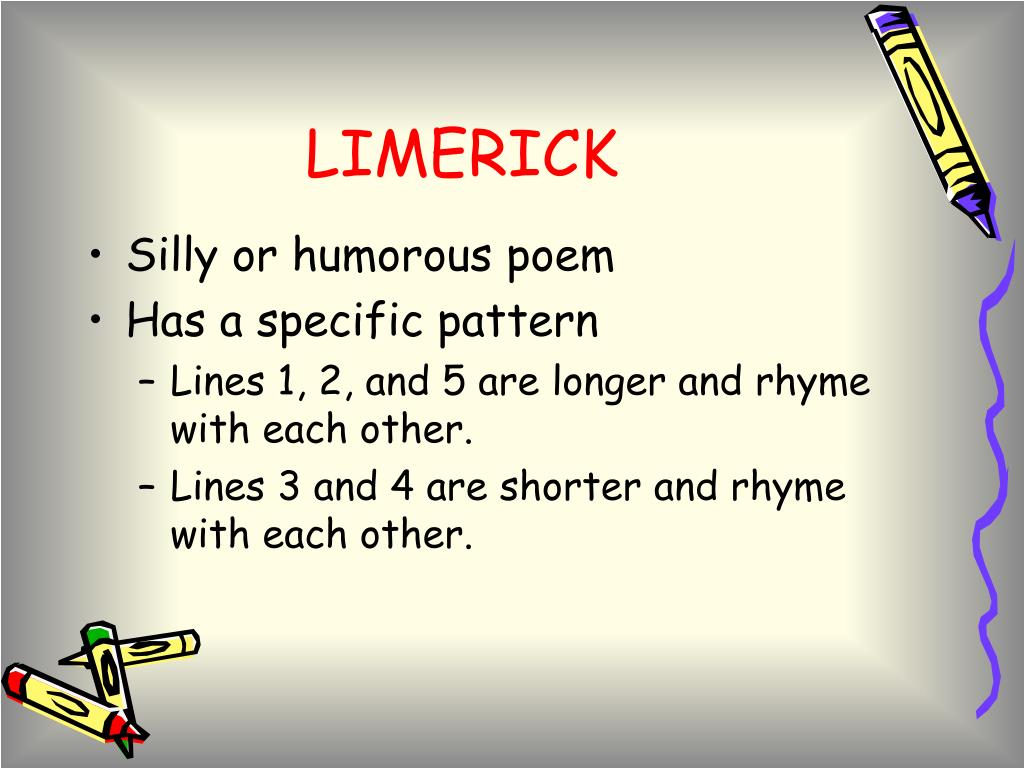
And now the frosts are cracking
And silvering among the fields…
(The reader is waiting for the rhyme of “rose”;
Here, take it quickly!)
A. Pushkin
David Samoilovthe air is a call, like ice.
The reader is already waiting for the rhyme "rose",
But it seems that he is waiting in vain ...And the halo of dawn around the birch
As around the apostolic head…
Is the reader waiting for the rhyme "roses"?
Well, catch it, catch it...
D. Samoilov
Photo: Vitaly Ivanovich, ru.wikipedia.org
There are particular cases when such "guessing" in a poem is simply necessary. I'm talking about taking a conscious default rhyming word.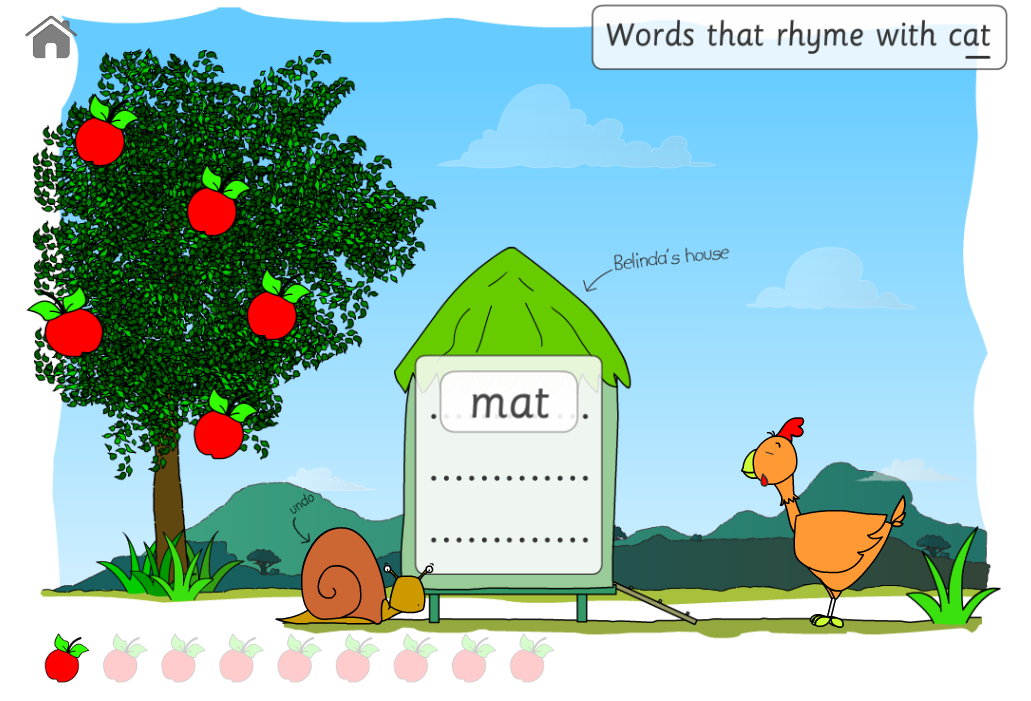 The effect is achieved by the fact that understatement should evoke a certain response in the reader, empathy - he, as it were, proves this very word for the author, which enhances its meaning.
The effect is achieved by the fact that understatement should evoke a certain response in the reader, empathy - he, as it were, proves this very word for the author, which enhances its meaning.
This topic darkened the day, in the dark
Prick - ordered - lines of foreheads.
Name
This
Topic:
. .!
V. Mayakovsky
Sergey Ivanovich Aksyonenko... A snowstorm like a comet
Burst into a snowdrift ...
- I'll still leave! -
Broke through. .
S. Aksyonenko
Photo: Skury, ru.wikipedia.org
The author of the previous excerpt, Sergey Aksyonenko, used the default technique in another poem, the original version of which sounded like this:
.
..A drop of the Sun -
Further, only darkness.
- Don't worry -
She.
But the word "darkness" did not rhyme well with the missing word "died". I had to replace “darkness” first with “gloom”, and then with “mist”, because the reader must guess this word, and not accidentally insert another rhyme instead.
Banal rhymes are not born, but become. Once upon a time, such a rhyme as “a man is a century” sounded fresh, but over time it was erased by endless use, like rhymes "blood - love - again", "eternity - infinity - carelessness", "night - daughter - away", "roses - tears - frosts", "evening - shoulders - candles" . Simple pop songs are still full of such rhymes.
Karl Spitzweg, "The Poor Poet", 1838
Photo: artchive.ru
However, there are times when even banal worn out rhymes do not spoil the poem, because they are appropriate and not far-fetched.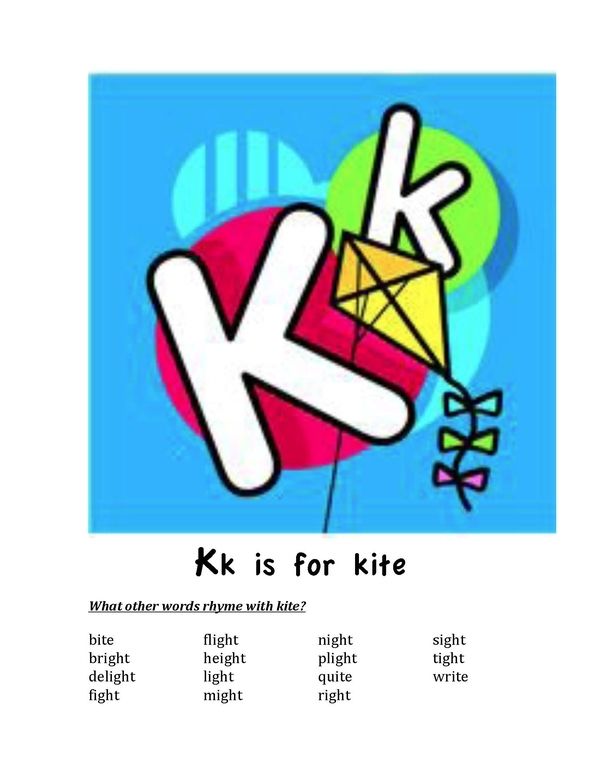 Their banality is compensated by other elements of the poem — imagery, rhythm, etc.0004 "eternity - infinity" :
Their banality is compensated by other elements of the poem — imagery, rhythm, etc.0004 "eternity - infinity" :
Sleep blissfully, overseas guests, sleep,
Forget that it's getting darker and darker in the cage where we fight...
That the stars are falling, drawing silver threads,
That golden snakes are dancing in a glass of wine...When these threads are woven into a brilliant mesh,
And the wine snakes will intertwine into one infinity,
They will lift, twist and throw an unnecessary cage
Into a bottomless abyss, into some kind of blue eternity.
However, I repeat, the banality of the rhyme must be redeemed by other virtues of the poem, and this does not always happen.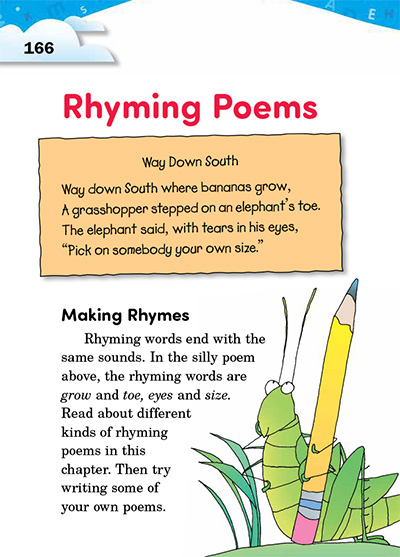 This means that the poet should strive for a special - fresh and non-standard rhyme. She introduces an element of surprise, decorates the poem with new consonances. At the same time, the poem itself immediately acquires a unique “face”.
This means that the poet should strive for a special - fresh and non-standard rhyme. She introduces an element of surprise, decorates the poem with new consonances. At the same time, the poem itself immediately acquires a unique “face”.
V. Mayakovsky was a master of unusual and catchy rhymes in Russian poetry. In order to show how much work must be done to find even one interesting rhyme, he gives an example of his work on the dedication to "Sergei Yesenin":
In my verse it is necessary to rhyme the word "sobriety".
The first words that come to mind will be words like "playfulness", for example:You have gone, as they say, to another world.
Maybe fly... I know your agility!
No advance payment for you, no beer -
Sobriety.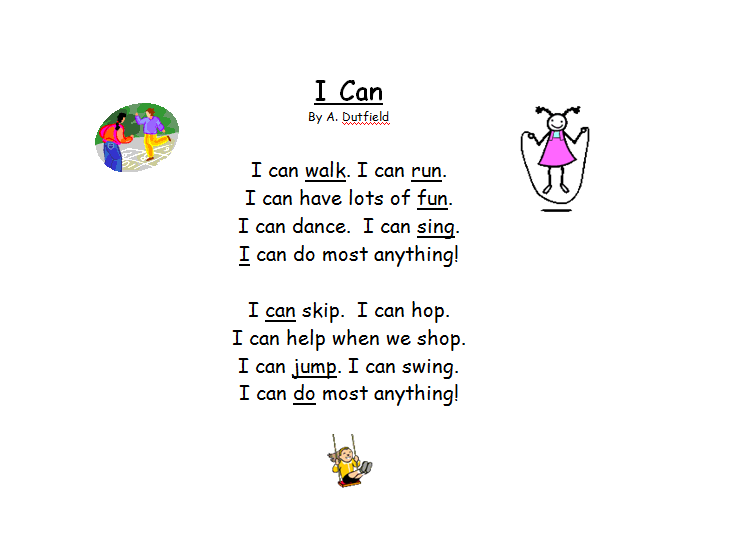
Can I keep this rhyme? No. Why? First, because this rhyme is too full, too transparent. When you say "playfulness", the rhyme "sobriety" suggests itself and, being uttered, does not surprise, does not stop your attention. Such is the fate of almost all homogeneous words, if a verb with a verb, a noun with a noun rhymes, with the same roots or cases, etc. The word "playfulness" is also bad because it introduces an element of mockery already in the first lines, thus weakening , all further contrast. Maybe you can make your work easier by replacing the word "sobriety" with something easier to rhyme or not putting "sobriety" at the end of the line, but supplementing the line with several syllables, for example: "sobriety, hush"? .. In my opinion, do this it’s impossible - I always put the most characteristic word at the end of the line and get a rhyme for it at all costs.
As a result, my rhyming is almost always unusual and, in any case, it was not used before me, and it is not in the rhyming dictionary.
The rhyme binds the lines, so its material must be even stronger than the material that went to the rest of the lines.
Taking the most characteristic sounds of the rhyming word "frisky", I repeat many times to myself, listen to all the associations: "cut", "frisky", "reserve", "climbed", "cut", "cut", "crashing" . Happy rhyme found. The verb - and even solemn!
But the trouble is, in the word “sobriety”, although not as characteristic as “frisky”, “t” and “st” still sound clearly, and to soften the “t”, “fly” is left, which sounds partly like "flying".
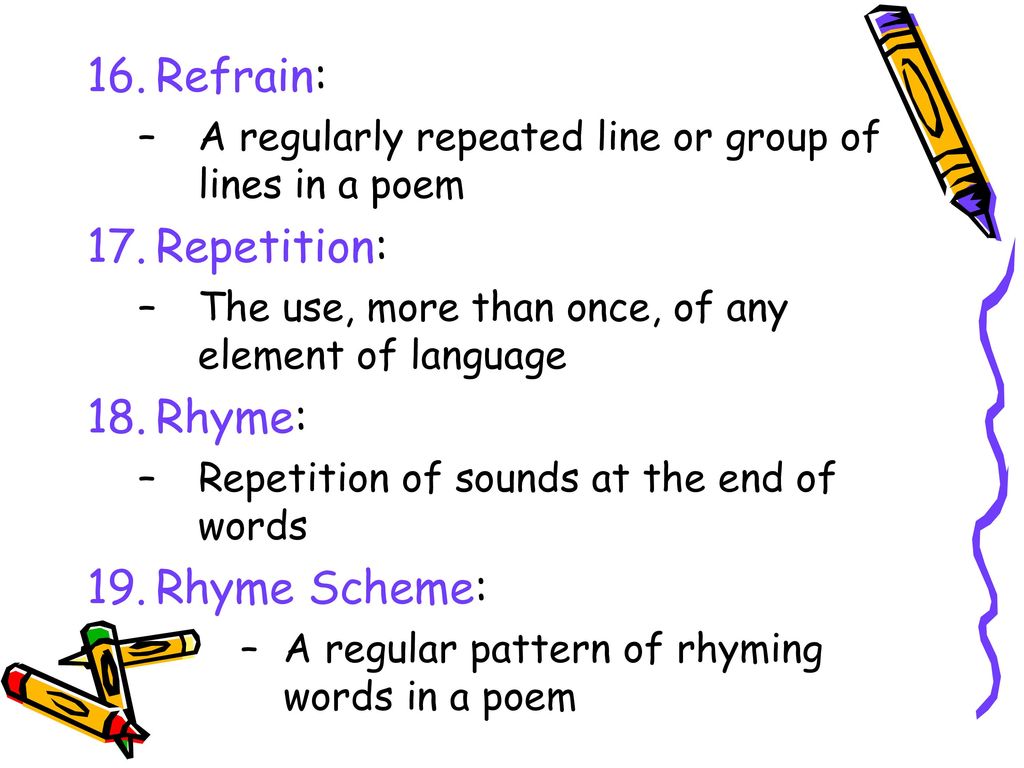
And here is the final reaction:
You have gone, as they say, into another world.
Emptiness - fly, crashing into the stars ...
No advance payment for you, no beer -
Sobriety.
As you can see, rhyme should be not only spectacular, but also appropriate - that is, not invented "for the sake of a red word." However, it personally seems to me that too much with biting and unusual rhymes is just as harmful. Monument to Sergei Yesenin in Konstantinovo. Installed in 1970. Sculptor A. A. Bichukov
Photo: AleBurd, ru.wikipedia.org
Firstly, their abundance excessively overloads the poem, makes it difficult to pronounce, complicates the reader's perception. It’s not worth surprising the reader with a complex and refined rhyme all the time - after all, a certain amount of “recognition”, “guessing” consonances in a poem should be present.
Secondly, rhyme, like other poetic devices, is not an end in itself, but a means to most fully and accurately solve the problem set by inspiration. Even in such an innovator in the field of rhymes as Mayakovsky, exact and approximate rhymes are present in almost equal proportions. For example, they calculated that in the poem "A Cloud in Pants" their ratio is 55:45, and in the poem "Vladimir Ilyich Lenin" - 47:53.
Therefore, if the desire for external effects interferes with the essence of the poem, "overshadows" the main thing that you want to say, then discard them as unnecessary ruffles, bows and other frivolity. In B. Pasternak's poem "Lieutenant Schmidt", brilliant rhymes harmoniously coexist with standard ones, because they all perfectly convey the content:
Leonid Pasternak, "Boris Pasternak", 1910In vain in the years of chaos
Look for a good end.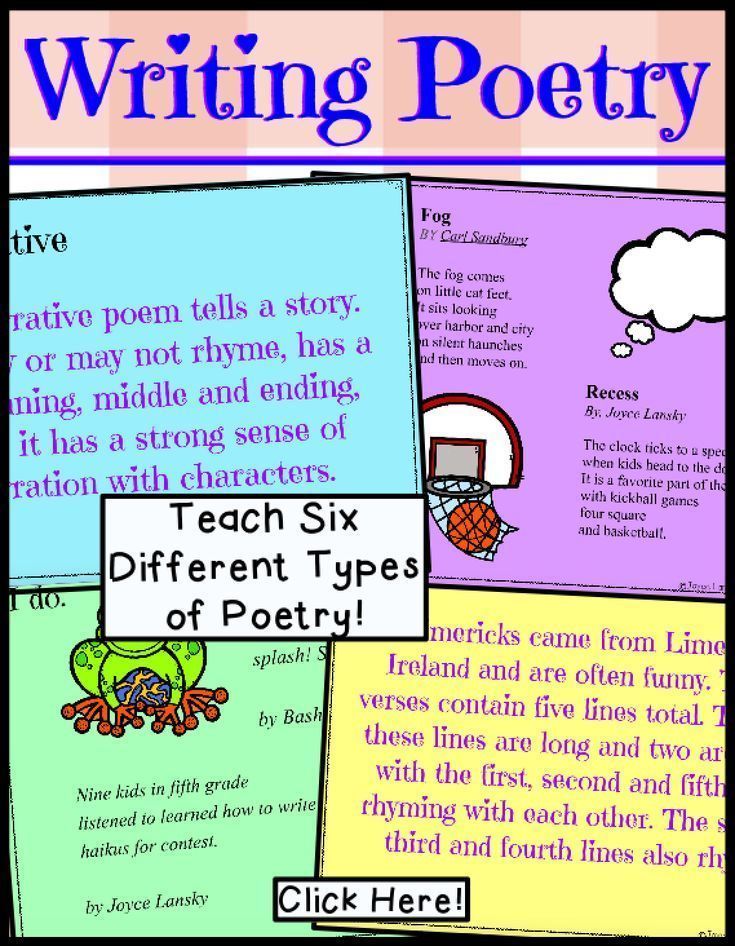
One to punish and repent,
The other to end with Golgotha.Like you, I am part of the great
Relocation of dates,
And I will accept your sentence
Without anger and reproach.You probably won't flinch,
sweeping away a man.
Well, martyrs of dogma,
You, too, are victims of the age.I have nurtured for thirty years
Love for my native land,
And your indulgence
I do not expect and do not lose.
Photo: ru.wikipedia.org
By the way, it is worth noting here that some words ("sentence", "dogma") are used with unusual stress for us. When reading poetry, this should not be forgotten. It happens that where the verse seems dissonant, the stress simply stands in a different place.
When reading poetry, this should not be forgotten. It happens that where the verse seems dissonant, the stress simply stands in a different place.
Rus', girded with rivers
And surrounded by wilds,
With marshes and cranes,
And with the cloudy gaze of a sorcerer...
A. Blok
us unusual, then it was the rule.
The abyss of stars is full;
There is no number of stars, the abyss of the bottom.
M. Lomonosov
L. Uspensky in his book "Word about words" even gives an example of how the song "saved" the correct stress. The fact is that at one time the word "Youth" was increasingly distorted in colloquial speech, as "Youth". The original version almost fell asleep, but then L. Oshanin wrote the song "Hymn of Democratic Youth", where it was impossible to distort the stress in the word:
Youth sings the song of friendship!
Youth! Youth!
You won't strangle this song, you won't kill it!
You won't kill! Don't kill!
The song became very popular and forced "Youth" out of the speech.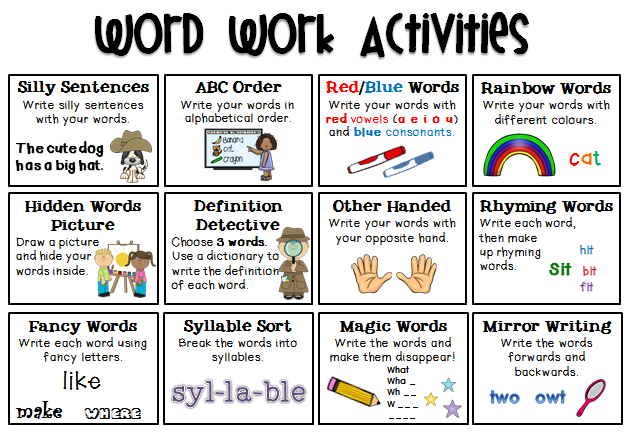
It was the other way around: the words of the popular Ukrainian "Song about Mother" (author - A. Malyshko) - "Towel embroidered" - completely replaced the original literate version of the word - "embroidered" from the language. Art is a great power!
Let's get back to banal rhymes. They mean not only specific words that are most often used together, but also entire groups.
Usually the single-root words rhyme terribly ("revolution - counter-revolution", "sewn up - sewn") .
Verbal rhymes sound very faded, with which our poetry is already saturated
It is much more interesting when different parts of speech rhyme: a verb with a noun, a noun with an adverb (for example, "went - more", "loved - club", "jumps - ball", "silent - boy" ).
The rhymes with the endings -oh, -at, -ey, -anie, -shchy also sound boring ( flying - dreaming ").
Let's take for another example a well-known rhyme about a priest and a long-suffering dog. Here is the first pair of rhyming lines:
The priest had a dog…
She ate a piece of meat…
The rhyme is extremely poor and unsuccessful. Another pair of lines rhymes very smoothly "I loved - I killed" , but terribly banal. Let's try to display a similar theme, keeping the first lines, but with a more original rhyme:
The priest had a dog,
He loved her,
But he killed her because she smelled,
And I drank for a week…
We get a much more interesting version by completely changing the lines:
Cheerful kind spitz terrier
Lived in the priest's house.
But did not fit into the interior
And disappeared in the evening.
In the next version, my goal was the initial rhyme, and I left the ends of the lines unrhymed:
« Once one dog
gathered to visit a neighbor,
stole meat from the priest,
he buried her in the field.
Well, in this version, I focused on internal rhymes:
The priest's hut, and the dog lived in the hut.
The dog stole the meat, in the house he inherited .
Pop not followed and on the dog reported ,
And mute from tears walked around the hut.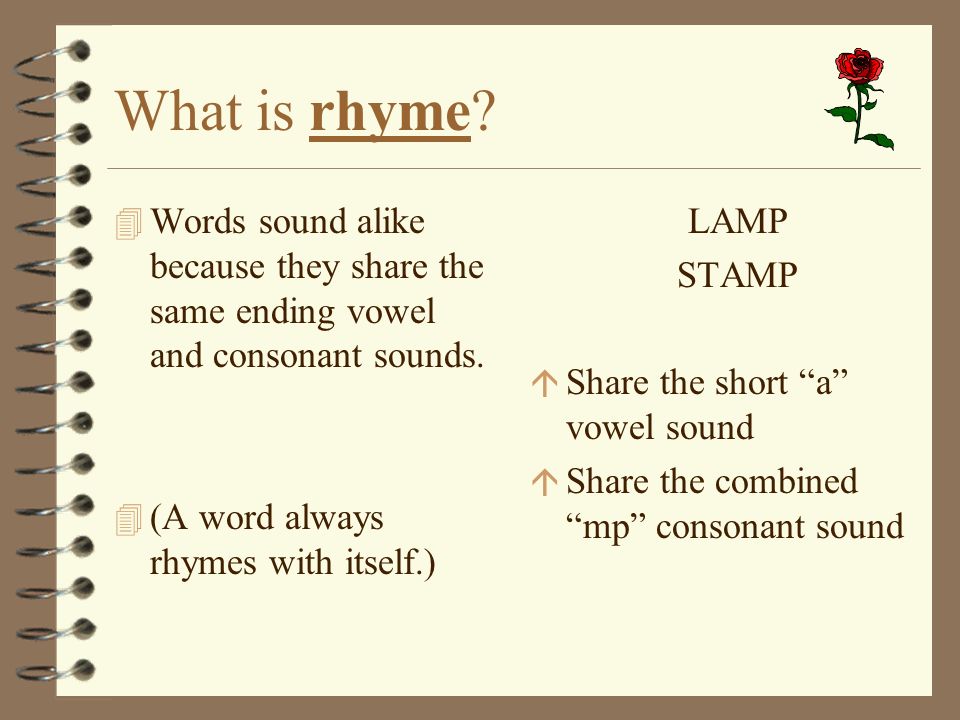
You can also play punning rhymes:
lived in the world strict pop ,
He did not listen to the style “POP” ,
He did not listen to Solo ,
PSA killed Solonin ...
After drank from the hot tea :
not I wanted ... In the heat of the moment …
Of course, these are not masterpieces of poetry, but I hope they convey the very essence of rhyme in versification.
So, we found out that banal and poor rhymes should, if possible, be avoided. The first poem is discolored, and the second is disfigured. However, you also need to be original without much fanaticism, except in cases where the purpose of your verse is simply to play with rhyme.